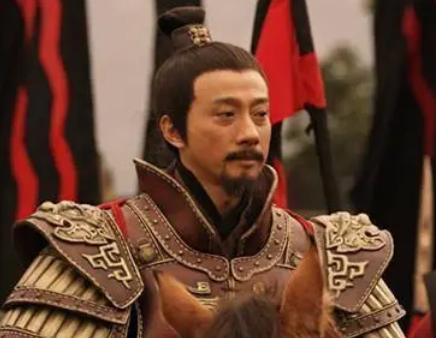Chen Sheng, one of the leaders of the peasant uprising in the late Qin Dynasty, marked the famous "Daze Township Rebellion" in Chinese history. However, despite some initial victories, Chen Sheng's uprising ultimately ended in failure. This article will analyze three major reasons that led to Chen Sheng's defeat.

Firstly, internal conflicts and power struggles were significant reasons for Chen Sheng's failure. The rebel army lacked unified leadership and clear objectives, with conflicts of interest and power struggles among various generals. Although Chen Sheng was nominally the leader of the rebel army, he could not fully control all the troops in reality. This internal conflict led to the rebel army's lack of strategic and tactical unity, making it difficult to form a joint force against the Qin army.
Secondly, there was a significant gap in military strength between Chen Sheng's rebel army and the Qin army. The Qin army, as the most powerful military force at that time, possessed a tight organization and rich combat experience. However, Chen Sheng's rebel army was mainly composed of farmers, lacking formal military training and combat experience. In terms of weaponry and tactical application, the rebel army was also far inferior to the Qin army. This gap in strength put the rebel army at a disadvantage in direct confrontations with the Qin army.
Lastly, the background and timing of Chen Sheng's uprising were also factors that contributed to its failure. Although the Qin Dynasty was tyrannical and oppressive, its ruling foundation had not completely collapsed. Although Chen Sheng's uprising received widespread support from the people, the anti-Qin forces in various regions were scattered and failed to form a united resistance. Meanwhile, the choice of timing for the uprising was also problematic, as Chen Sheng failed to quickly expand his achievements in the early stages of the uprising, missing the best strategic opportunity.
In conclusion, the reasons for Chen Sheng's uprising failure mainly include internal conflicts and power struggles, insufficient military strength, and inappropriate choice of background and timing. These factors worked together to lead to the ultimate failure of Chen Sheng's uprising. Chen Sheng's story reminds us that in any revolution or change, unity, clear objectives, and reasonable strategic deployment are crucial factors for success.
Disclaimer: The above content is sourced from the internet and the copyright belongs to the original author. If there is any infringement of your original copyright, please inform us and we will delete the relevant content as soon as possible.































